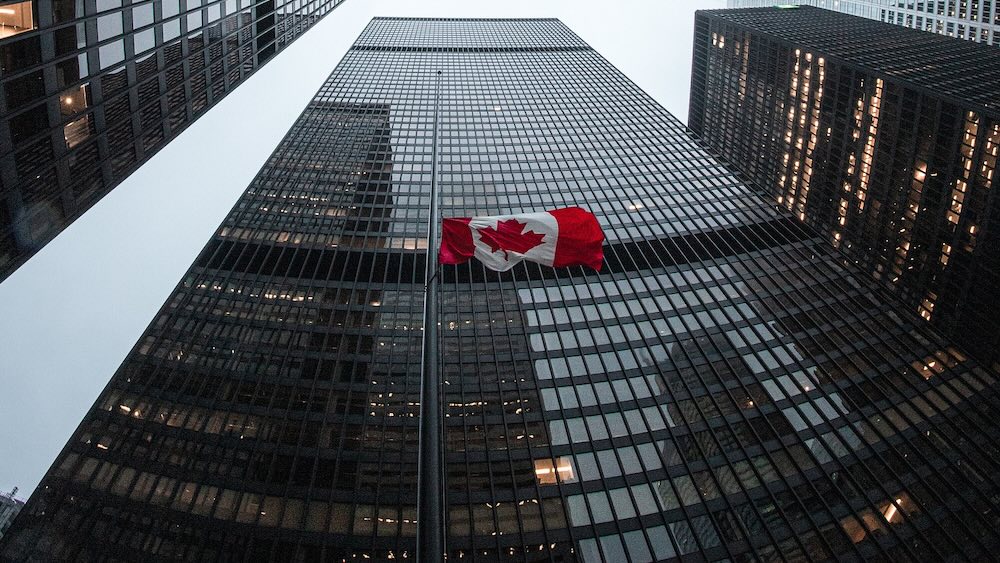


Political tension in the U.S. is driving uncertainty around Canadian meetings and events.
The first Web Summit in North America takes place next week in Vancouver, Canada, at the Vancouver Convention Centre, May 27-30. The event, which replaces Collision, a previous tech conference that took place in Toronto, attracts tech entrepreneurs, investors, and the media.
The inaugural Vancouver event is aiming for at least 15,000 registrants, according to a recent article in The Globe and Mail — and it stands out as one conference that may hit its attendance goal in an uncertain environment for business events.
“Organizers of the Web Summit say they are seeing a small but surprising increase in the number of American attendees, as well as a strong contingent of international registrants, which summit founder and chief executive officer Paddy Cosgrave attributes directly to U.S. President Donald Trump’s erratic policies,” writes the article’s author Frances Bula, a freelance urban affairs contributor to The Globe and Mail.
“Trump’s mostly ill-conceived tariff war, while headline-grabbing, backfired,” Cosgrave said via an email to The Globe and Mail. “In a matter of weeks, his outdated unilateralism accelerated still faster the rest of the world’s rapid embrace of multipolarity. The rest of the world is just moving on. Eager to trade, eager to build partnerships. And that’s I think part of the motivation for so many international trade delegations to come to Canada for Web Summit.”
But, Bula notes, not all conferences are experiencing positive outcomes as a result of the tariff war. “Viral stories about visiting academics and professionals being grilled or turned back at the border, the gutting of various American agencies and scrutiny of all academic activities — have been destabilizing for almost every sector,” she writes. “The world of conventions and conferences, which relies on global connectedness and the exchange of ideas and knowledge, has been particularly vulnerable.”
“Cities across Canada are reporting the convention business going two ways,” she writes. “Some American academic and business organizations are cancelling events in Canada, fearing criticism for spending money outside the U.S., problems with delegates being able to get back into the United States or concerns about tariffs on the products and booths they bring in for shows.
“But other events are being rescheduled in Canada after being cancelled in the U.S., as organizers worry that Canadian or other non-U.S. delegates can’t or won’t cross the border.”
Last week, for example, FIFA, the world governing body for soccer, announced it would hold its annual congress in Vancouver, ahead of the 2026 World Cup. The tournament will be held in 11 cities in the U.S., as well as in Vancouver and Toronto, and three Mexican cities. The Globe and Mail said that FIFA declined to say whether current U.S. policies factored into the decision to meet in Vancouver.
“For everyone involved in the convention sector, the current situation, which seems to be pulling people and countries apart instead of bringing them together, is a sad and disturbing one,” Bula writes. Among them is Heather Dow, a senior manager at Events & Management Plus Inc.’s Ontario branch. “People are in mourning,” she told Bula. “It’s like the pandemic all over again.”
Michelle Russell is editor in chief of Convene.








